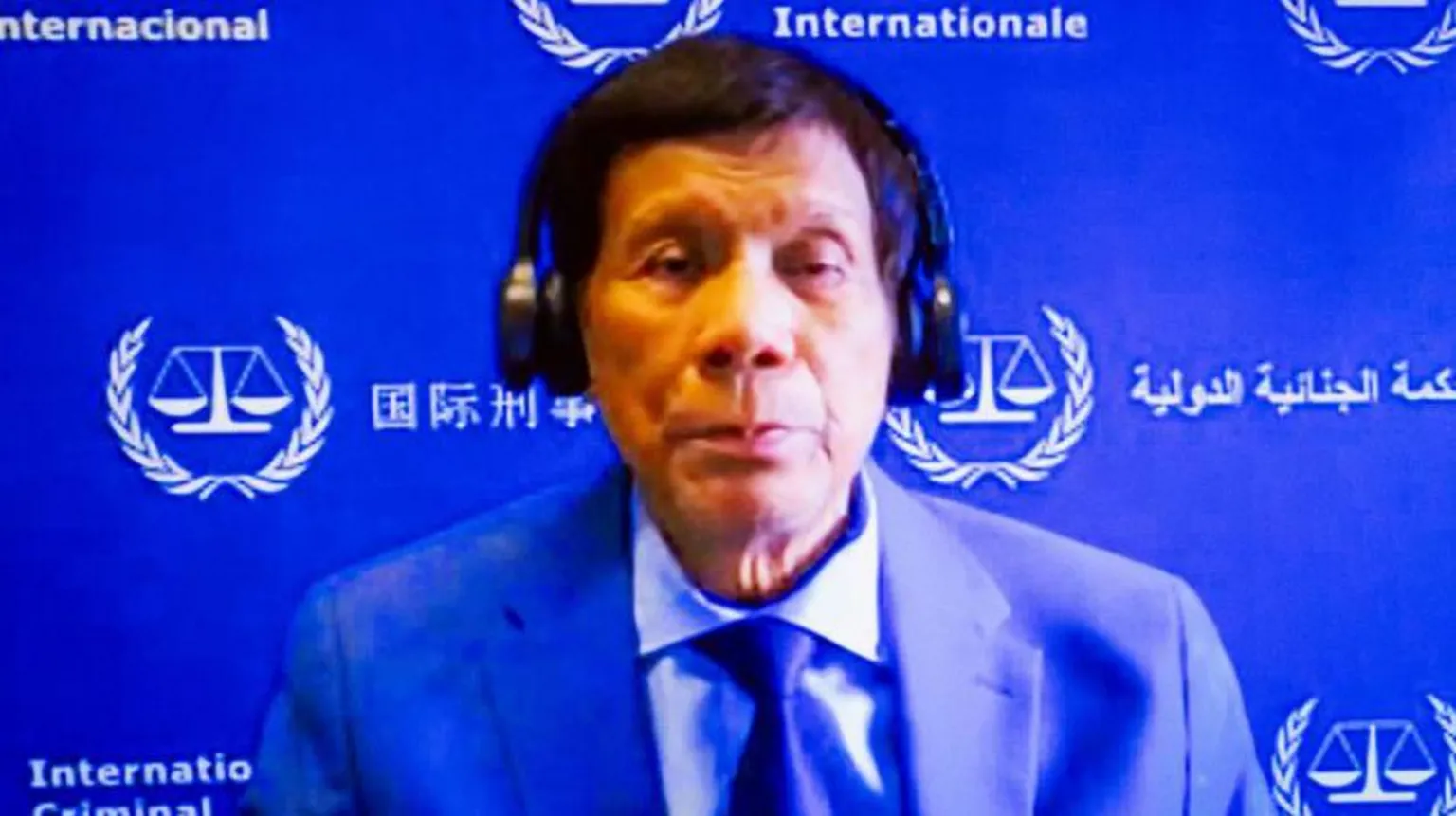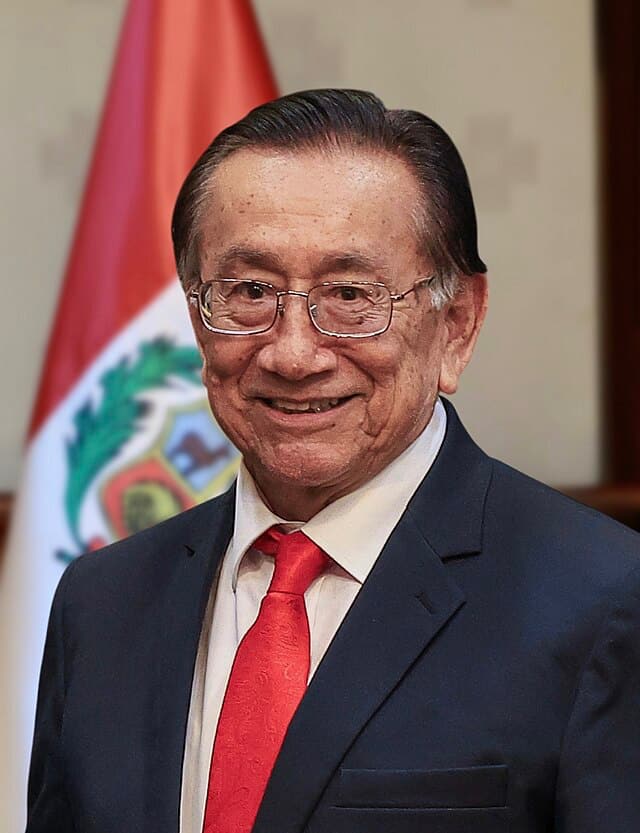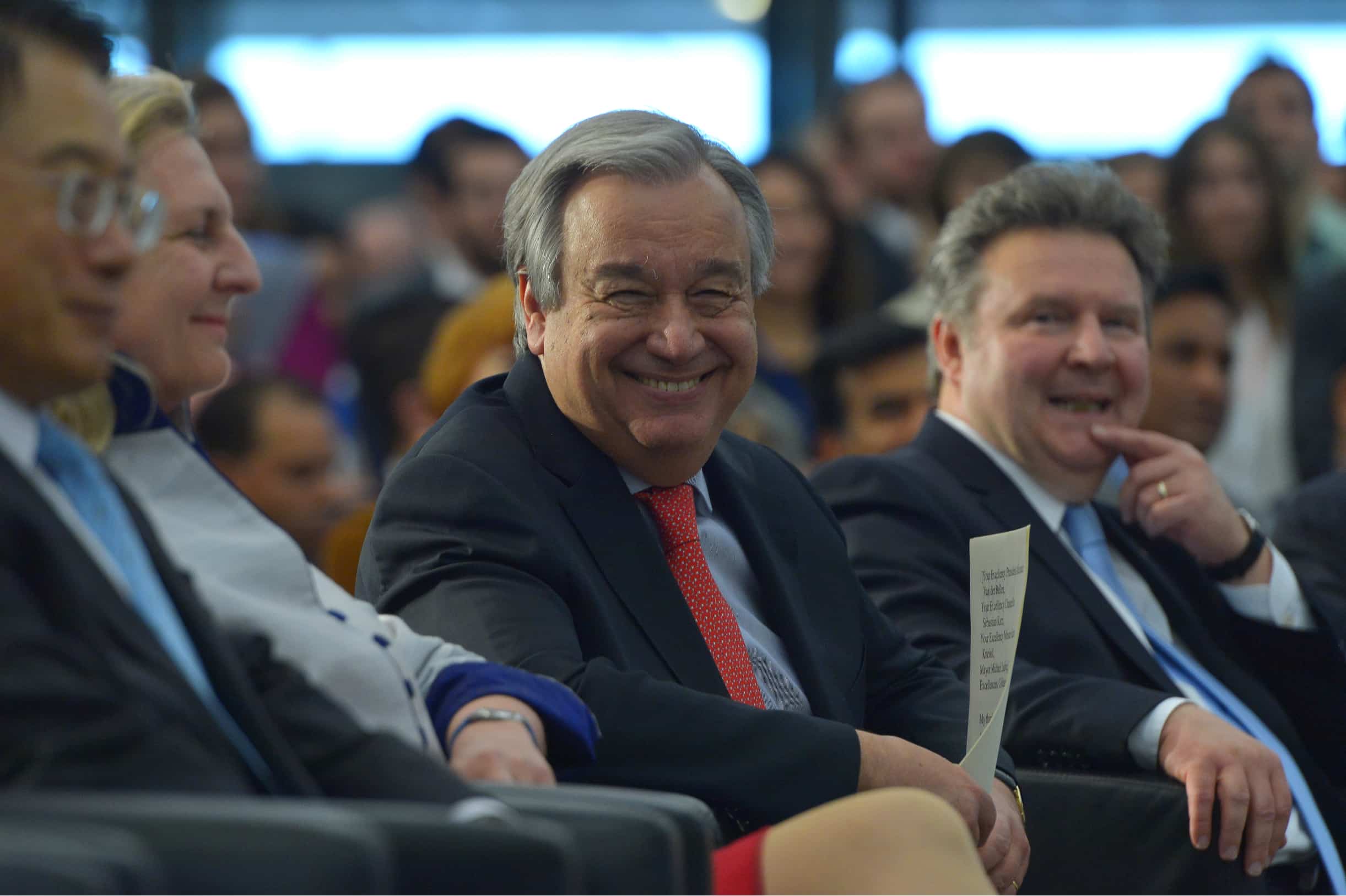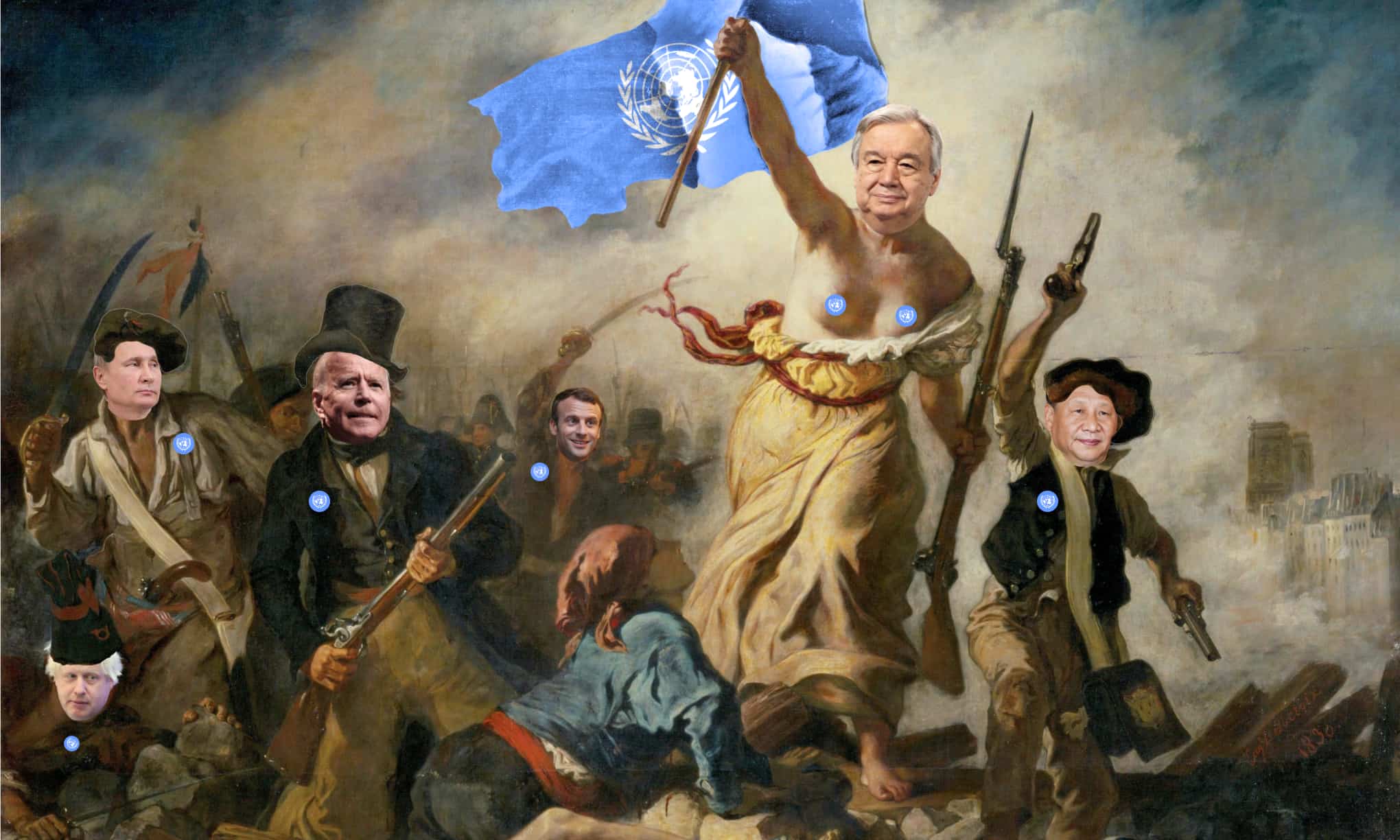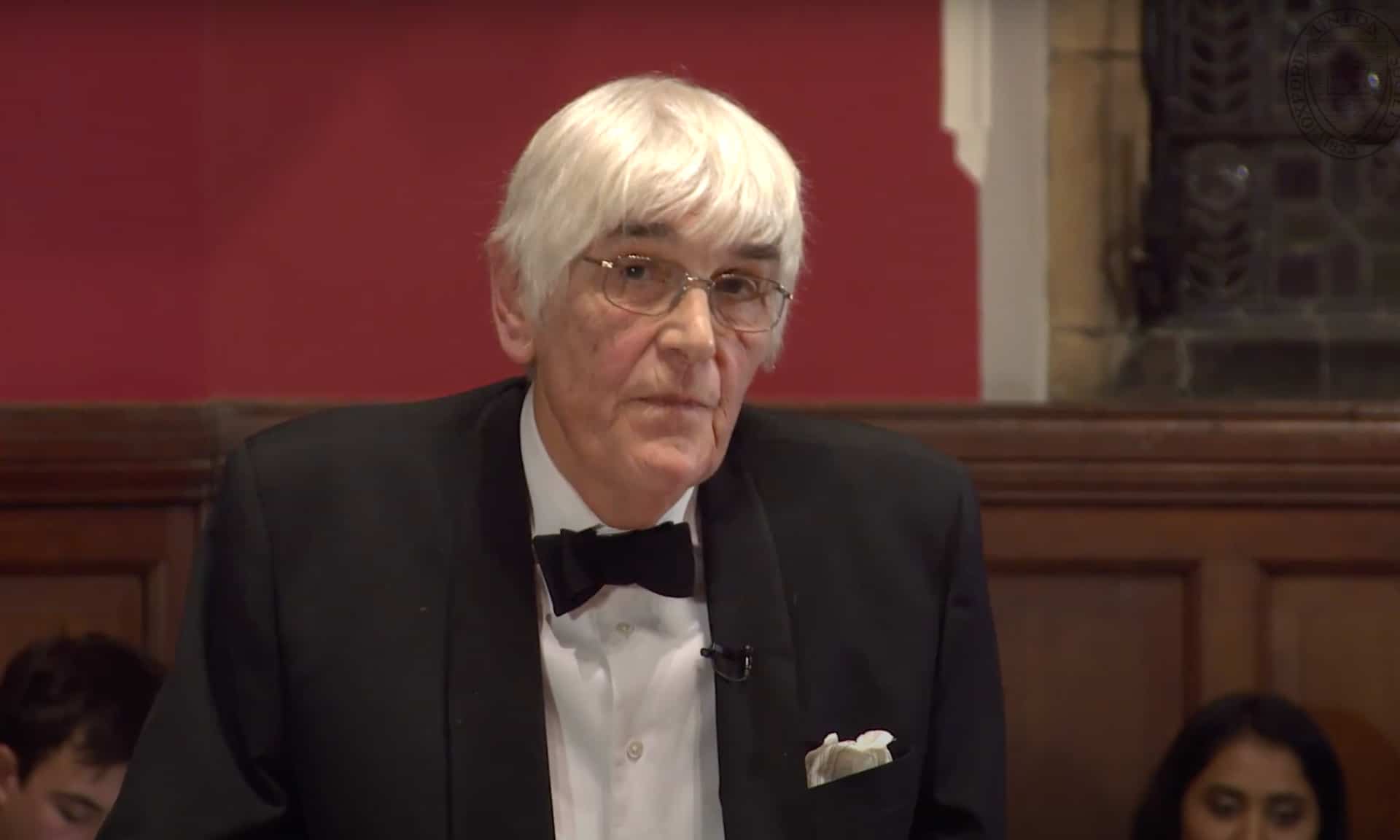The new UN-peacekeeping budget: pun intended!
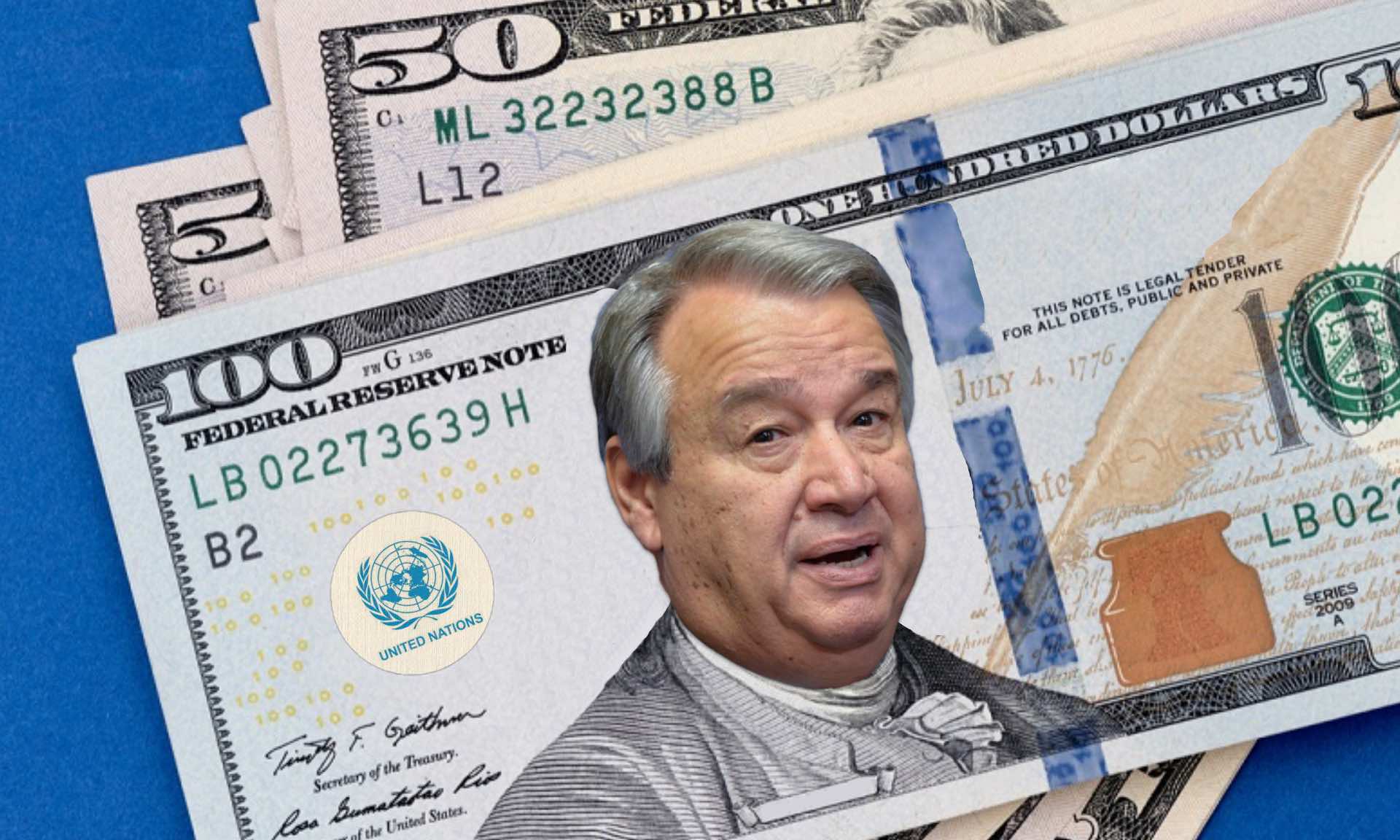
At the end of June, the budget for peacekeeping operations for the period from 1 July 2021 to 30 June 2022 was approved by the United Nations. Eye-watering sums have been allocated in order to maintain buffers between hostilities that have been stewing for decades. This is not what peacekeeping should be about. Peacekeeping ought to be a temporary measure while every effort is put into resolving a conflict.
Instead, what is happening is that resources are being pumped into keeping the symptoms under control rather than removing the cause of the problem. As long as the wound is festering and the patient is alive, the doctor’s job is secured.
Take Cyprus, for instance. The trouble there started shortly after independence from Britain in 1960. The Greek (77%) and Turkish populations had agreed to a united State that would be independent from Greece. In 1963, however, President and Archbishop Makarios unilaterally undertook to change the constitution, via 13 amendments, which would have favoured the Greek-Cypriot majority. This led to a tense situation which resulted in a coup d’état in 1974 by Greek-Cypriots seeking a political union with Greece. In turn, it triggered the Turkish invasion aimed at safeguarding the rights of the Turkish-Cypriot population.
The presence of the UN Peacekeeping force in Cyprus dates back to Security Council Resolution 184, which was passed on 4 March 1964. Resolution A/RES/75/299 adopted by the General Assembly on 30 June 2021 decided to allocate 57,567,300 dollars for the period from 1 July 2021 to 30 June 2022 for the United Nations Peacekeeping Force in Cyprus (UNFICYP). $18,171,067 “will be funded through voluntary contributions from the Government of Cyprus”, while $6.5 million dollars has been pledged by the Government of Greece.
Almost 60 years have passed from the mission’s creation and hundreds of millions of dollars have been spent tending to the symptom, while all along the elephant in the room, the actual cause of the conflict, sits quietly in the corner almost unnoticed by the UN.
What can the UN do when intransigent governments refuse to settle their disputes?
The answer is that it can do a good deal! Apart from prioritising mediation, it needs to stop accepting the unacceptable. Greece and Turkey, the main players in the conflict, apart from the UN recognised Republic of Cyprus and the Turkish Republic of Northern Cyprus, which is only recognised by Turkey, are UN member States. Does it make any sense paying millions of dollars to stop members of the same club from killing each other? Clearly not. Offer a reasonable solution, which in this case could be a federation of sorts. Spend the millions ironing out the details and building the necessary infrastructure. If the members still do not want to play, then kick them out. For heaven’s sake! If responsible adults cannot start behaving as such it is not for the UN to pander to their stupidity. The threat of expulsion and the penalties that could be linked to that may do the trick.
Similar arguments can be made for other scenarios. It is about time the UN cut the crap and took peace seriously.



